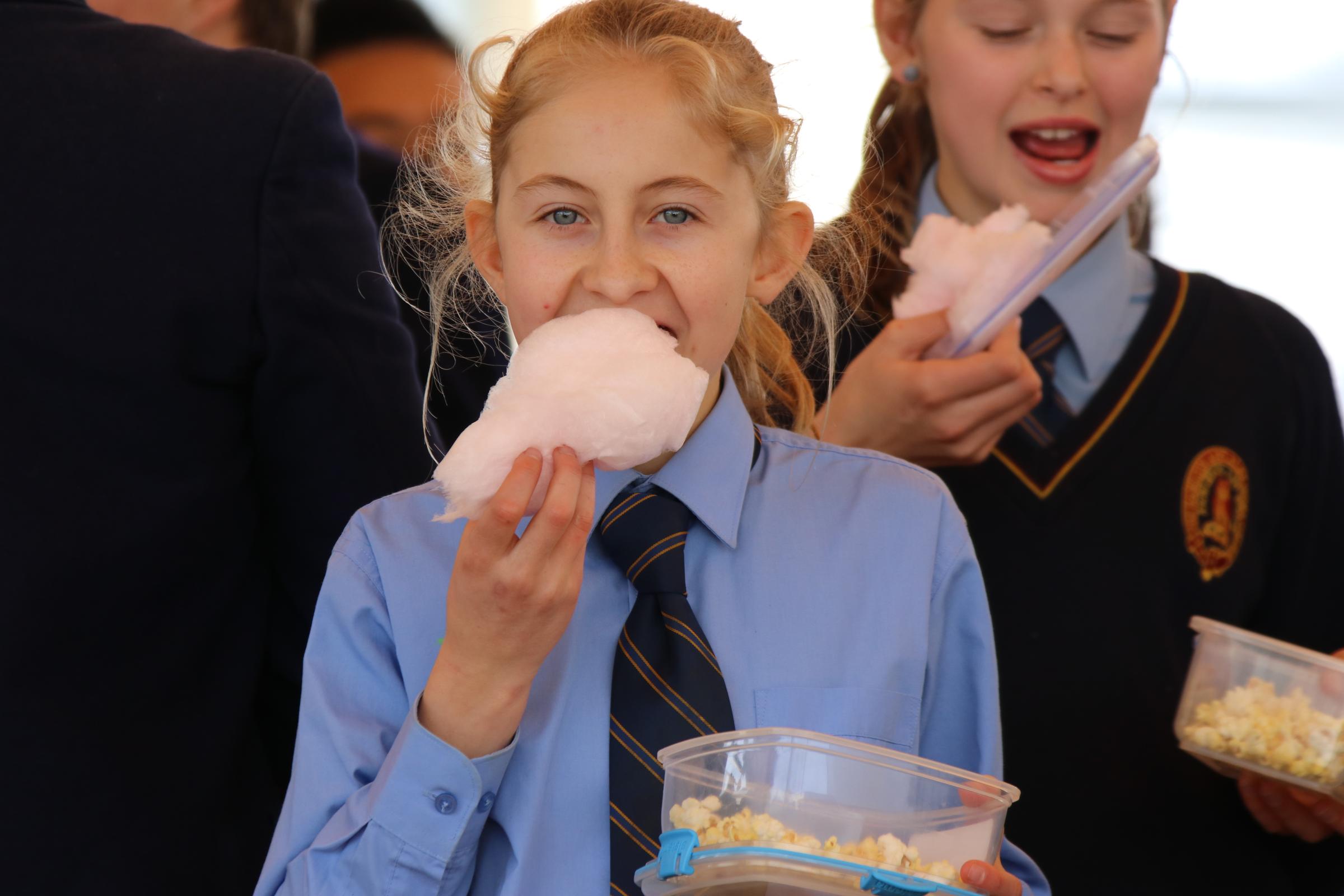Middle Years

Wellness Week
Last week there was an interesting article on The Parent Website (https://www.theparentswebsite.com.au/want-kids-reach-goals-motivate-practice-hard-things/) discussing practice:
Motivate students to Practise Hard Things
“Deliberate practice is the ability to self-initiate mental or physical repetition with the goal of future skill improvement”.
‘I thought the kids who were good at fractions were just smarter than me. But in the past couple of months, I realised that by doing deep practice, I could get just as many fraction problems right as they could. When I work hard and do deep practice on my fractions homework, I come to class being able to answer just as many problems as the other kids.’
Students continually practise to develop their skills but often students are practising ineffectively. Shallow practice is how most people study—they practise what they already know while they are only partly focused, which is not particularly effective. We need to teach and encourage students to use deliberate practice techniques.
Deliberate Practice - Four principles:
- Working on weaknesses: rather than doing things that you already do well, deliberate practice focuses on the things that are hard for you
- Full concentration: reduce distractions, put your phone away.
- Get feedback: finding out what you got right and where you made mistakes by asking a teacher or coach or checking your work.
- Repetition is key: keep working on your weaknesses, stay on task, and get feedback until you master your specific goal.
Tips on how to handle the challenge:
- Expect and be OK with failure: Famous people talked about how failure is a normal part of learning. They described having failed many times before they became successful and framed mistakes as a necessary part of deliberate practice that led them to their achievements.
- Tolerate feeling frustrated and confused: you make a lot of mistakes as you work on your weaknesses, which can be frustrating and confusing, but it means you’re in the ‘stretch zone.’ Rather than thinking it’s a bad sign and time to give up, this is the time to keep going. You can learn to tolerate your frustration more and more with practice.
- Commitment and Practice: We don’t see all the hours of practice that go into people’s final performances – like an actor taking days to memorise lines or a swimmer waking up at dawn for months to practise the butterfly stroke.
I encourage all Middle Years students to try these techniques to develop the deliberate practice skills, rather than less effective shallow practice. Commitment and effort are needed to consolidate learning. Finally, learning is hard and it is challenging.
Julia Winter Cooke
